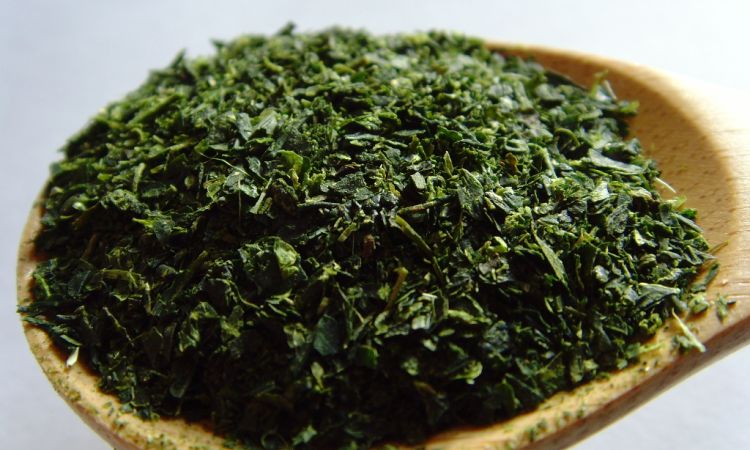World’s Oldest Tea Discovered In 2,100-Year-Old Tombs

Archaeologists discovered 2,100-year-old plant remains in ancient Chinese tombs that they believed to be tea. A new analysis reported by NPR confirms their suspicions, making this the world’s oldest evidence of the beverage. Proving how important tea has been in Chinese culture even this far back in time, one of the samples was found in the tomb of Jing Emperor Liu Qi, who died in 141 B.C.
That’s no surprise, because one of the tombs, the Han Yangling Mausoleum in Xi’an in western China, was built for the Jing Emperor Liu Qi, who died in 141 B.C. The other tomb is the slightly younger Gurgyam Cemetery (maybe A.D. 200) in Ngari district, western Tibet. In both, archeologists found remains of millets, rice and a kind of spinach. They also found tiny leaf buds that bore an uncanny resemblance to the finest tea. Tea does not grow in the area of the tombs, so the evidence shows not only that it was present and valued enough to be buried with important people, but also that it was being imported to Xi’an at least 141 years B.C., and westwards into Tibet by the second century.
While it can’t be determined whether the tea was used for brewing a beverage, James Benn, professor of Buddhism and East Asian religions at McMaster University in Canada and author of the recent book Tea in China: A Religious and Cultural History, stated that the tea was certainly consumed “in some form,” possibly for medicinal purposes.
Head over to NPR to read more about this ancient tea.
Feature image via FCartegnie.
Written by Ryan Kristobak, HistoryBuff























